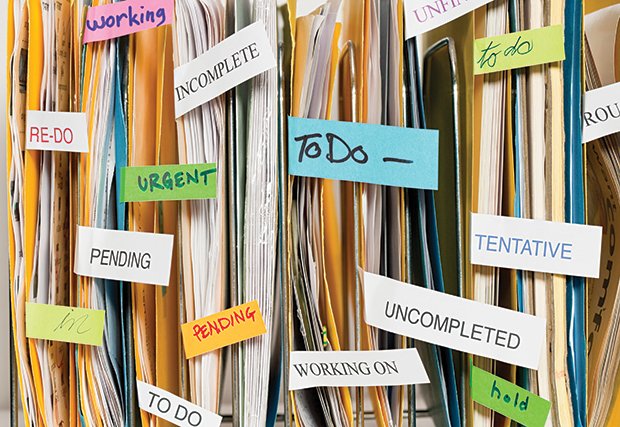Practicing mindfulness and having an action plan can help you find your calm
Deadlines, client meetings and manager expectations are all part of normal stressors at work, says Del Foreman, Director of Behavioral Health Nursing at Aurora Pavilion Behavioral Health.
“But not all stress is bad. Motivational stress helps you complete projects and tasks – it’s like a seize-the-day type of stress. And when finished, your stress falls back to a normal level,” he says. But according to the American Psychological Association, dealing with chronic stress can have a negative effect on the body.
High levels of cortisol resulting from a constant state of stress start to interfere with the ability to focus and learn, and can affect memory, concentration and more, says Allison Brinkley, Director of Needs Assessment and Referrals at Aurora Pavilion Behavioral Health. “The immune system suffers and people can also gain weight, develop high blood pressure, digestive issues, depression and anxiety,” she says.
But mindfulness is a key in recognizing and being present in what is going on. “You can change your perspective on how you see stress,” Brinkley says. “It’s good to know what your body feels like when you are in a calmer state, so you can realize what a stressful situation looks and feels like.”
Learn more about our behavioral health services >
Take a deep cleansing breath
Finding techniques that work to lower stress is key, Brinkley and Foreman suggest. “Always try to include a form of physical activity, whether going for a brisk walk during a break or lunch, or taking the stairs*,” says Foreman. Stretching at your desk, deep breathing, and tensing and releasing the muscles also helps if you can’t get away from your desk, Brinkley adds.
“If you know your workday is going to be extra stressful ahead of time, schedule 15-20 minutes on your calendar to step away from your desk, just to breathe or meditate,” Brinkley says. “There are plenty of free meditation phone apps that can help you relax and refocus to get through the rest of the day.”
Managing chronic stress on a regular basis also includes getting enough quality sleep, notes Foreman. “Avoid stimulants after lunch and make an effort to “unplug” from your electronics around 8 p.m.,” he says. “Also, aim for seven or eight hours of restful sleep each night so your body can repair itself and recharge.”
*Always consult with your physician before starting any exercise program.

